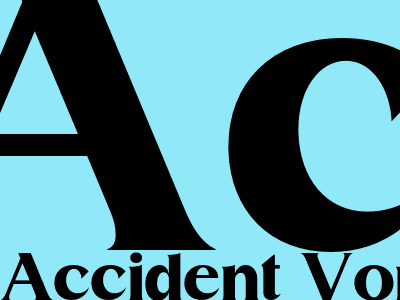
Tips You Need to Know for Writing a Top-Notch SEO Blog Post
Reason for Knowing SEO Blog Post
In today's digital age, having a strong online presence is essential for any business. One effective way to achieve this is through blogging. By creating high-quality, SEO-optimized blog posts, you can attract more visitors to your website, improve your search engine rankings, and establish yourself as an expert in your field. SEO blog posts refer to blog entries that are deliberately designed to improve the website’s position in the search engine results pages (SERPs) by considering various SEO strategies and tactics.
Strategies and Tactics for SEO Blog Post
Keyword Targeting
When writing an SEO blog post, one of the most important things to consider is keyword targeting. Keywords are the words and phrases that people use to search for information online. By including relevant keywords in your blog post title, headings, and body text, you can increase the chances that your post will appear in the search results for those keywords.
Ensure to use niche-relevant, long-tail keywords, and LSI (latent semantic indexing) keywords. Long-tail keywords are more specific and less competitive than short-head keywords, which makes them easier to rank for. LSI keywords are words and phrases that are semantically related to your main keyword. By including LSI keywords in your content, you can help search engines understand the topic of your post and improve your chances of ranking for relevant searches.
Title and Meta Description Optimization
The title and meta description of your blog post are two of the most important elements for SEO. According to Backlinko, 60.76% of clicks go to the first five organic search results. This highlights the importance of ranking on the first page of search results, and optimizing your title and meta description is a key factor in achieving that goal.
When writing your title, aim for around 60 characters, including spaces. It should be concise, attention-grabbing, and include your main keyword. Your meta description should be around 160 characters, including spaces. The meta description should provide a concise summary of your blog post that encourages users to click and read more.
Content Quality
The content of your blog post is the most important factor in determining how well it will rank in the search results. High-quality, informative, engaging content that provides value for readers is a major positive signal for search engines. Search engine algorithms favor unique, fresh, and well-written content. Ensure your content is free of grammatical errors and plagiarism. Use active voice, strong verbs, and avoid keyword stuffing.
Visual Appeal
Formatting your blog post with images, videos, and other visual elements not only makes it more visually appealing but also improves its readability. This can lead to lower bounce rates and longer time on page, which are both important SEO factors.
Internal Linking and External Linking
Internal linking refers to linking to other pages on your website within your blog post. Internal linking helps search engines understand the structure of your website and can help improve the ranking of your other pages. External linking refers to linking to other websites within your blog post. External linking is an effective way to build relationships with other websites and can also help improve your own website's authority.
Conclusion
By following these tips, you can write SEO blog posts that will help you attract more visitors to your website, improve your search engine rankings, and establish yourself as an expert in your field.